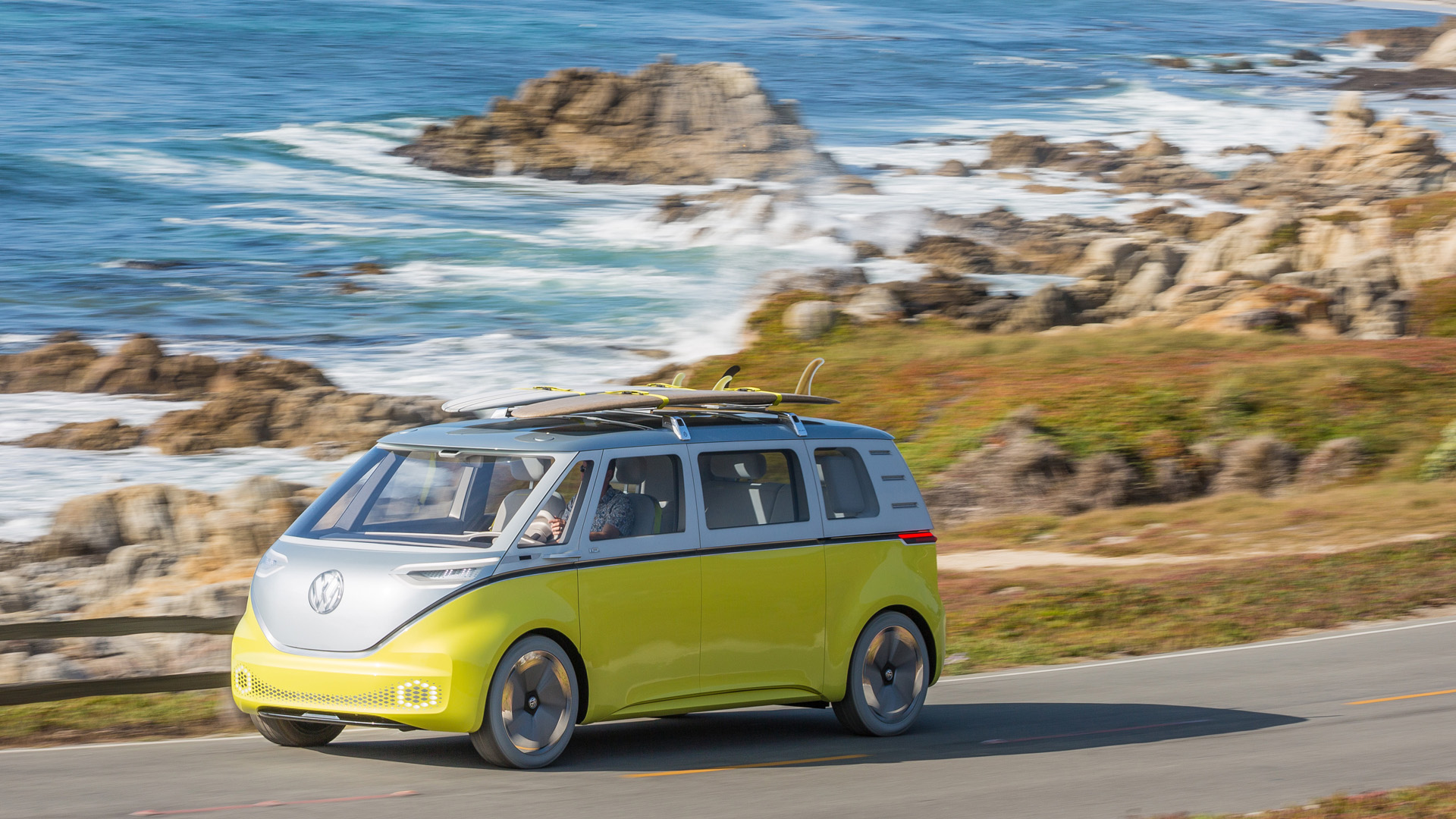

Over the past couple of years, Volkswagen has unveiled a series of autonomous and electric concept cars and announced plans to make electric cars a bigger part of its business. Now, Germany’s largest automaker is putting its money where its mouth is. VW’s board has earmarked more than €34 billion ($40 billion) for development of autonomous and electric cars through 2022.
The investment will drive VW closer to its goal of offering a hybrid or all-electric version of everything it makes by 2030. That includes every one of the more than 300 models across the company’s multiple brands, which stretch from the likes of SEAT and Skoda to the super-luxury brands of Bentley, Lamborghini, and Bugatti.
Volkswagen previously said the electrification push will include 80 new models by 2025—50 all-electric cars and 30 plug-in hybrids. Leading the charge (no pun intended) will be a family of models based on the company’s new MEB platform, including a production version of the retro I.D. Buzz concept, due in 2022. Audi and Porsche will launch their e-tron and Mission E electric cars, respectively, before the end of the decade. VW has also said it will build electric trucks and buses.
A quick ramp-up of electric-car production will help Volkswagen expunge the last vestiges of bad publicity from its diesel-emissions scandal, and give the company a way to meet stricter U.S. emissions standards now that it can’t rely on diesels. It will also help VW meet new electric car quotas in China, which take effect in 2019. The company has already said it will spend $12 billion on electric cars for the Chinese market.
All of those electric cars will require a lot of batteries, and Volkswagen plans to recruit a supplier rather than build its own equivalent to Tesla’s Gigafactory. The automaker is currently seeking a partner to supply it with 50 billion euros ($59 billion) worth of batteries.